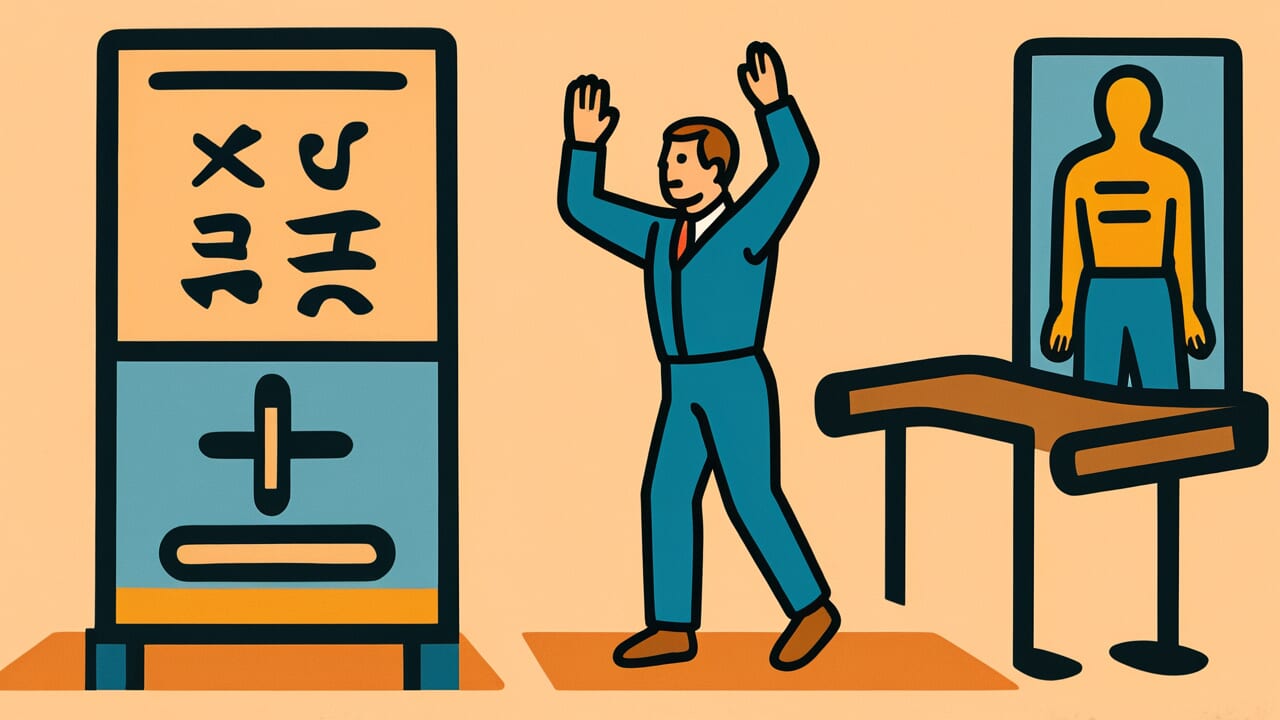How to Read “The ordinary is important”
Tsune ga daiji
Meaning of “The ordinary is important”
“The ordinary is important” teaches us to value a calm mind and everyday actions. It means we shouldn’t just work hard during special moments.
Instead, we should approach things carefully even during ordinary, unremarkable times. This attitude matters most.
This proverb shows that a person’s true worth appears in normal times, not emergencies. People who act honestly every day can naturally make correct decisions when it counts.
On the other hand, trying to look good only during important moments doesn’t work. Your daily habits will show through anyway. This is also a warning.
Even today, we use this saying to caution against superficial efforts. Examples include studying only before exams or being polite only during important business meetings.
True ability and character develop only through daily accumulation. This proverb conveys that universal truth in simple words.
Origin and Etymology
No clear written records explain the origin of “The ordinary is important.” However, we can make interesting observations from how the words are structured.
The word “tsune” has long meant “usual,” “daily life,” and “unchanging.” In Buddhist terminology, “joju” represents eternal, unchanging truth.
In Confucianism, “kojō” emphasizes an unchanging state of mind. This concept of “tsune” has held a special place in Japanese spiritual culture.
Traditional arts like martial arts and tea ceremony have always valued “heijōshin” (a calm, ordinary mind). Sword masters taught that daily training and maintaining a calm mind were essential for performing well when it mattered.
This philosophy likely condensed into the simple expression “The ordinary is important” in everyday life. This theory seems most credible.
Also, Japan was an agricultural society where daily, steady work brought abundant harvests. People shared the understanding that careful daily work, not flashy quick wins, led to success.
This practical wisdom from daily life probably crystallized into this proverb.
Usage Examples
- Don’t neglect daily practice—the ordinary is important
- He’s kind to everyone every day, so people trust him. The ordinary is important, after all
Universal Wisdom
Behind “The ordinary is important” lies deep insight into human weakness. We humans tend to focus only on big goals and important moments ahead of us.
Exams, interviews, presentations. We want to perform well during these crucial times.
But our ancestors understood the truth. Human ability and character don’t form overnight. Rather, how we act when nobody’s watching, when we’re not being evaluated, when we feel unrewarded—that accumulation shapes who we truly are.
What’s interesting is that this proverb says “value the ordinary,” not “prepare for emergencies.” This isn’t just about preparation.
It teaches us to find value in daily life itself and to cherish ordinary days. That’s what makes them precious.
Everyone dreams of dramatic success and special moments. But most of life is actually a series of unremarkable days.
How you live those days ultimately determines your life. Our ancestors packed this universal truth into a short phrase.
It’s not flashy, but this proverb quietly continues teaching that there’s a path that surely helps people grow.
When AI Hears This
Our daily lives are actually like the last grain of sand placed on top of a sand pile. In complexity science, this is called a “critical state.”
When you add sand grains one by one to a pile, nothing happens at first. But at a certain moment, an avalanche occurs. The state just before that is the critical state.
The human body has the same structure. Blood pressure, blood sugar, body temperature, hormone balance. These maintain a balance on the edge of collapse every single day.
For example, body temperature stays stable around 36.5°C. This results from opposing forces of heat generation and heat release being in equilibrium.
Just 2 degrees higher means high fever. Four degrees higher means life-threatening danger. In other words, daily life is a miraculous state where countless parameters simultaneously avoid critical points.
Even more interesting is the cost of maintaining this critical state. The human body continuously consumes about 1 calorie per kilogram per minute even at rest.
This isn’t “doing nothing.” It’s evidence of using enormous energy to prevent collapse.
When control weakens from lack of sleep or nutrition, the system suddenly undergoes phase transition. You catch a cold, injuries won’t heal, mental health collapses.
Daily life is actually a precarious equilibrium that advanced control systems work full force to maintain. You only understand its value after losing it.
Lessons for Today
What this proverb teaches you today is the value of this very day. Do you ever see only other people’s glamorous moments on social media and feel your ordinary days look dull?
But real growth exists precisely in those unremarkable days, one after another.
Modern society emphasizes efficiency and quick results. Information floods in about techniques for short-term results and methods for dramatic turnarounds.
However, truly valuable things only come from steady accumulation. Ten minutes of daily reading, morning greetings, careful word choice. Such small habits shape who you are as a person.
What matters is not thinking of daily life as “preparation time until the main event.” Today and tomorrow are themselves important parts of your life.
Even when nobody’s watching, even when you’re not being evaluated, choose actions you can feel good about. That accumulation will surely become your strength someday.
Don’t live for special days. Make every day special. That’s the path to a rich life that this proverb shows us.



Comments